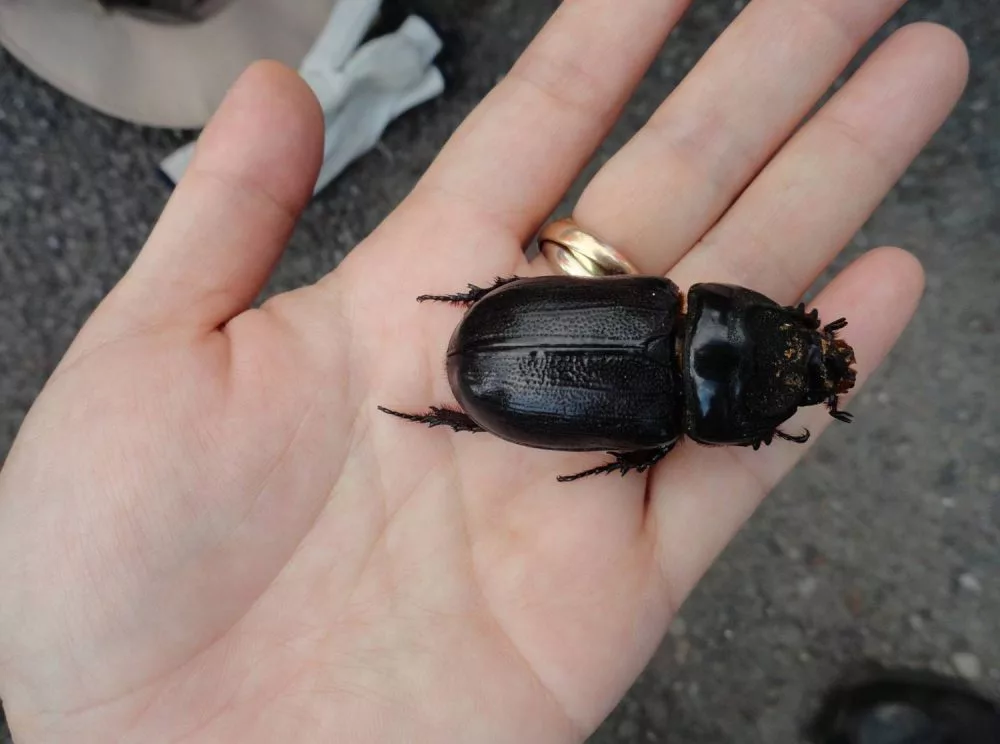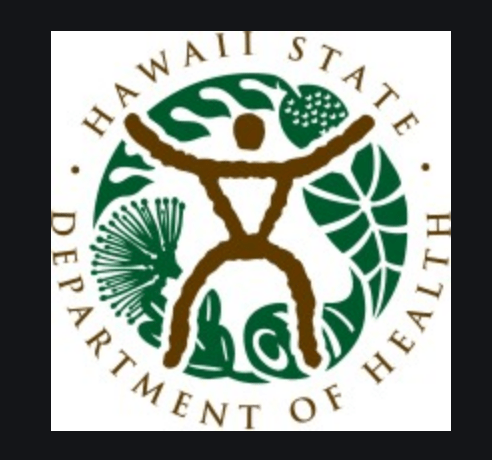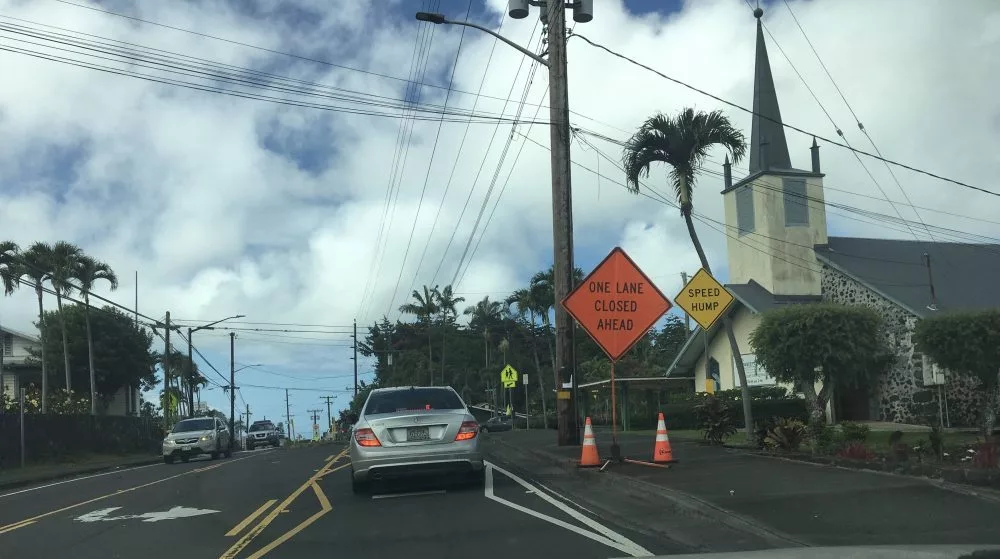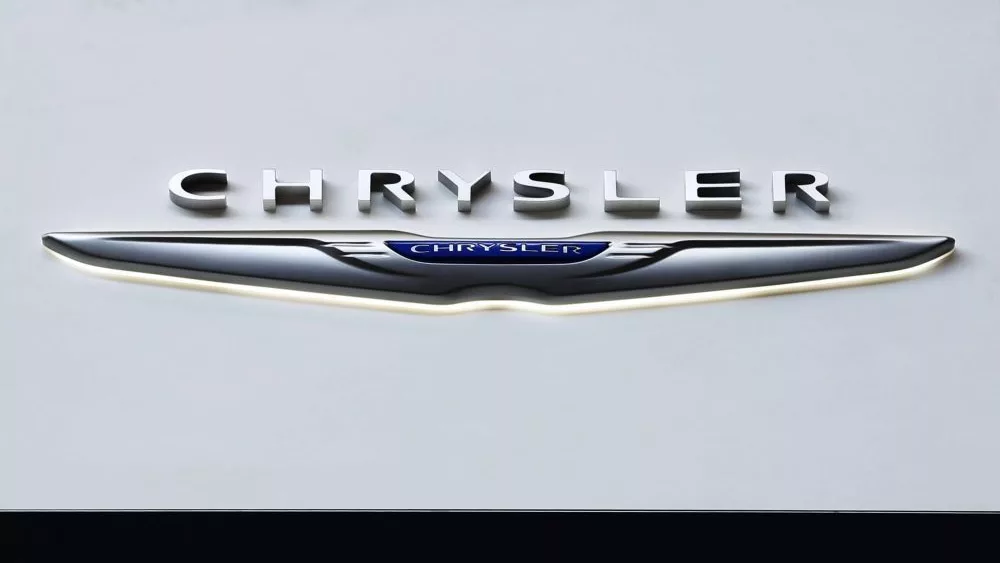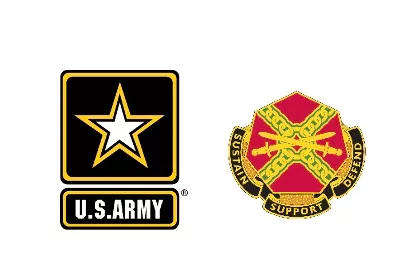Hawaiʻi County, in coordination with the Hawaiʻi Department of Agriculture (HDOA), is issuing a three-month voluntary compliance order for parts of West Hawaiʻi to stop the movement of host materials for the coconut rhinoceros beetle (CRB).
The voluntary order is effective July 1 through Sept. 30 and applies to an area where CRB detections have occurred in the last six months. Borders of the compliance area include Waikoloa Road, Mamalahoa Highway (Highway 190) from Waikoloa Road to Palani Road in Kailua-Kona, and along the coastline from Palani Road to Waikoloa Road.
To stop the spread of CRB, residents and business operators in this area are asked not to transport CRB host materials that include:
- Decomposing plant material such as compost, wood or tree chips, and mulch.
- Plant propagation material.
- Other items, such as landscaping material, that are comprised of decomposing organic plant material.
- All live palm plants in the genera Cocos (Coconut palm), Livistona (Fountain palm or Chinese fan palm), Phoenix (Date palm, Canary Island date palm), Pritchardia (Loulu), Roystonea (Royal palm), and Washingtonia (California fan palm, Mexican fan palm) — except unsprouted seeds of these palms.
Residents and business operators within the compliance area who need to dispose of green waste should take the material to disposal sites located at the West Hawaiʻi Organics Facility at 71-1111 Queen Ka’ahumanu Highway and Kealakehe Transfer Station at 74-598 Hale Makai Place. These facilities, located within the compliance area, heat compost piles to at least 131 degrees to kill CRB larvae.
CRB primarily targets coconut and other palm species. However, it will feed on other important crops such as ʻulu, banana and kalo when the palm food sources are eliminated.
The voluntary compliance order is a precursor to a mandatory compliance structure that is being prepared by the HDOA.
Photo credit: Department of Agriculture

